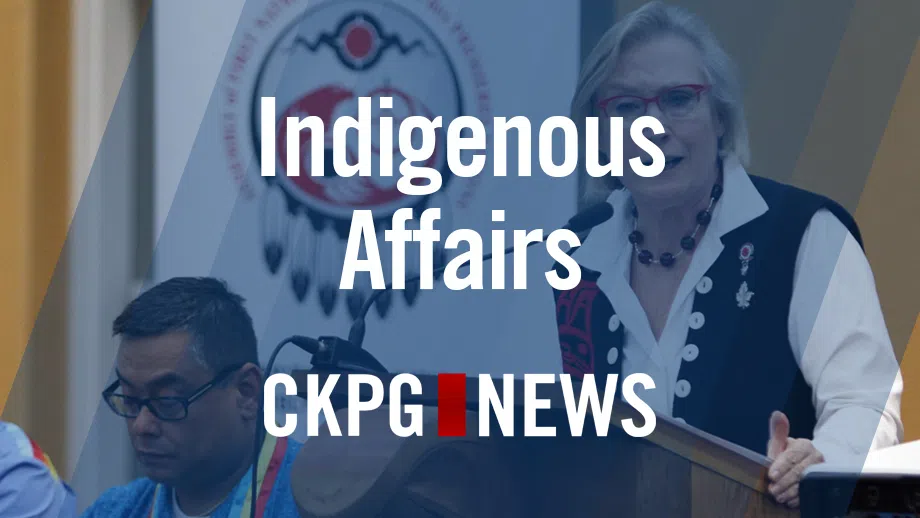
Canada Moves Forward On Major Treaty Innovations
BRITISH COLUMBIA – Stó:lō Xwexwilmexw Treaty Association, the Government of Canada and the Province of British Columbia have signed an agreement that supports new and innovative approaches to modern treaty negotiations in B.C. and advances them to the final phase of treaty negotiations.
A treaty negotiations memorandum of understanding (MOU) was signed at a ceremony in the Leq’á:mel community by the Chiefs from the six First Nations of the Stó:lō Xwexwilmexw Treaty Association (SXTA) and ministers from the provincial and federal governments.
“Our goal has been to get out from under the Indian Act and to assert our lawmaking authority on S’ólh Téméxw, our land. We do this today for our children tomorrow. Our Stó:lō communities are pleased to be entering into final negotiations on this groundbreaking treaty,” says Chief Terry Horne, of the Yakweakwioose First Nation.
The new agreement commits to a rights-recognition approach for a treaty agreement, consistent with the United Nations Declaration on the Rights of Indigenous Peoples.
